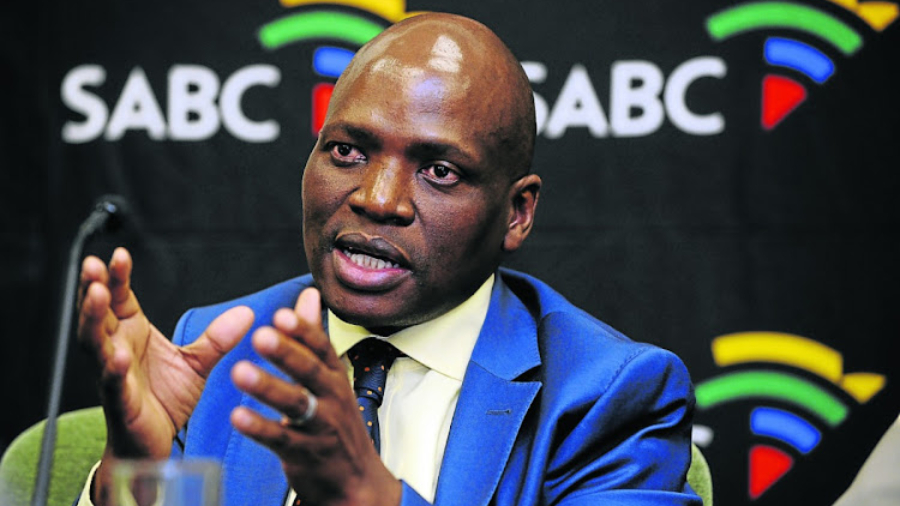Former South African Broadcasting Corporation (SABC)Chief Operating Officer (COO) Hlaudi Motsoeneng’s legal battle over an R11.5 million “success fee” has once again been brought to light, which highlights critical issues of corporate governance and accountability within public institutions about the oversight mechanisms in place, and the measures needed to prevent similar controversies in the future.
Motsoeneng’s appeal to the Constitutional Court follows a series of legal setbacks, including a ruling from the Gauteng High Court in Johannesburg declaring the “success fee” unlawful in December 2021. The court’s decision emphasised the need for rigorous checks and balances within the SABC’s governance structure. According to Motsoeneng’s statement in his application he said, “The board’s governance and nominations committee approves conditions of employment and all benefits applicable to the GCEO, COO, CFO and terms and conditions of the service of employment of such individuals.”
The SABC’s decision to grant Motsoeneng an R11.5 million success fee without proper authority highlights the vulnerabilities in the governance frameworks of public entities, which underscores the importance of establishing clear, enforceable policies and procedures to ensure transparency and accountability.
“I was never dishonest in receiving the success fee nor did I at any point conceal receiving the success fee,” Motsoeneng added. However, the broader issue at hand is the systemic failure that allowed such a payment to be approved and processed without adequate oversight.
The Special Investigating Unit (SIU) has been instrumental in bringing these issues to light, emphasising the need for accountability. The SIU warned Motsoeneng previously that he risked losing his pension benefits if he failed to repay the money which highlights the serious consequences of governance lapses.
As Motsoeneng’s case progresses to the Constitutional Court, it serves as a stark reminder of the ongoing challenges in public sector governance. The outcome of this case could set a significant precedent for how similar issues are addressed in the future and may lead to necessary reforms aimed at strengthening governance practices across public institutions.
Follow @orgellaent on social media for more updates
Written by: Theone Jacobs
Image: Russell Roberts



Add a Comment